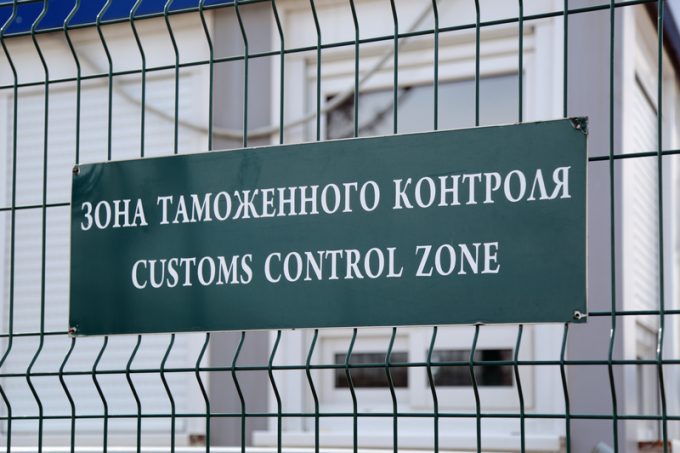UK to again delay start of checks on EU imports
Surprise, surprise: the UK government has decided yet again to delay import checks, it has ...

It may be tempting to think of the Brexit vote and Donald Trump’s election as the popular backlash against globalisation, but the reality appears to be that nation states have been steadily pushing against trade liberalisation since the onset of the financial crisis eight years ago, according to Reuters. And the worst offenders over this period? Step forward the hypocritical trade representatives of the EU and US, which have each adopted over 1,000 different trade barriers. India came next with around 400. In fact, during the same time, just three – Brazil, Saudi Arabia and Tunisia – of the 60 largest economies in the world have actually reduced tariffs and other barriers
Etail by air – here to stay or on a short shelf life?
HMM sees opportunities in Hapag-Lloyd’s exit from THE Alliance
How crazy is this: DSV goes hostile on Expeditors or CH Robinson?
Carriers look to short-term gains over blanking, as Red Sea crisis props up rates
Cargo flows through Dubai delayed by flooding, with 300 flights cancelled
Liners unveil Asia-Europe FAK price hikes to arrest steady rate decline
Legal battle heats up over 'unseaworthy' and 'reckless' MV Dali
Alex Lennane
email: [email protected]
mobile: +44 7879 334 389
During August 2023, please contact
Alex Whiteman
email: [email protected]
Alessandro Pasetti
email: [email protected]
mobile: +44 7402 255 512

Comment on this article